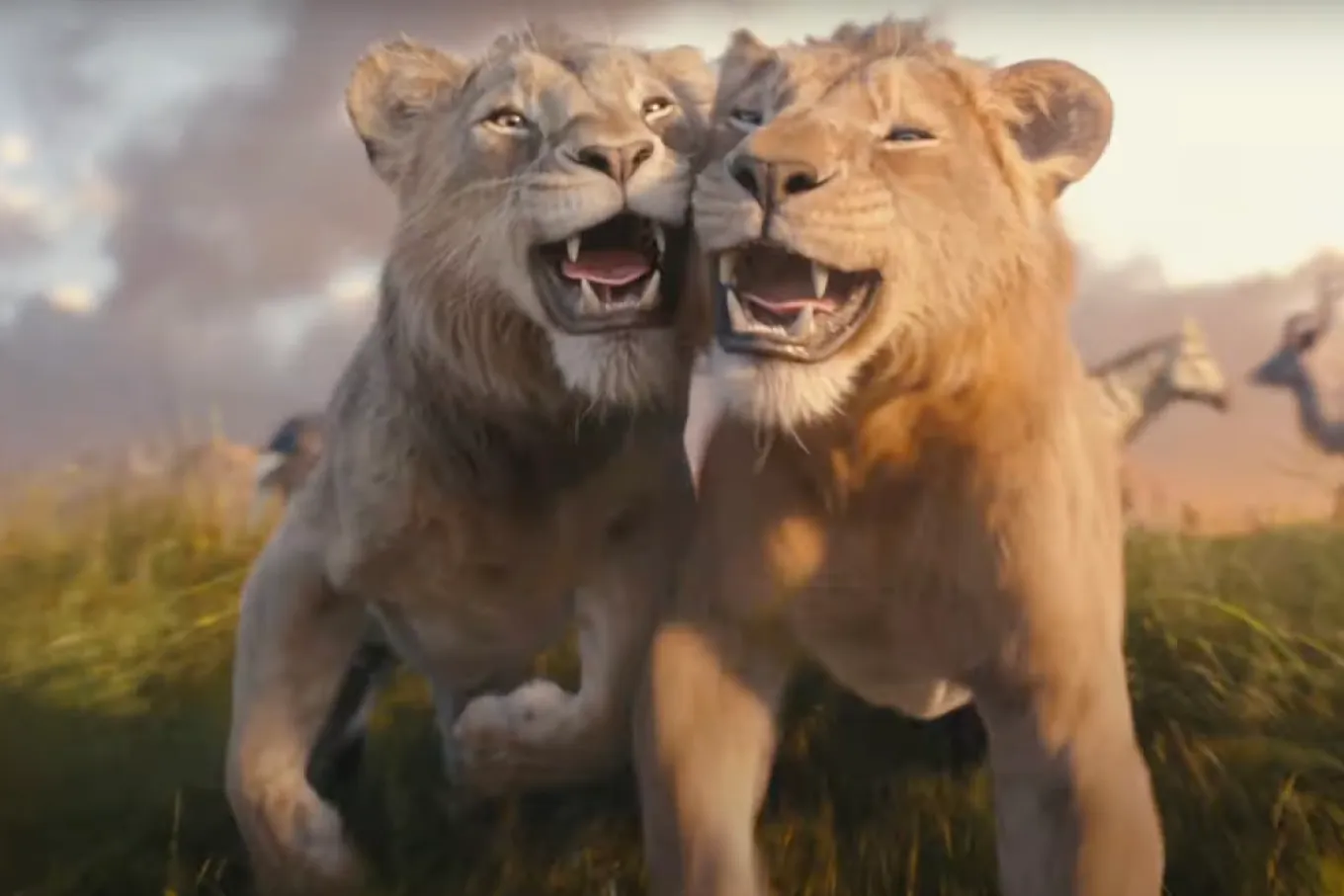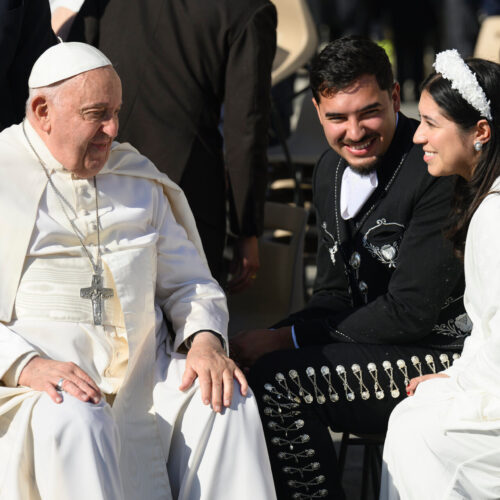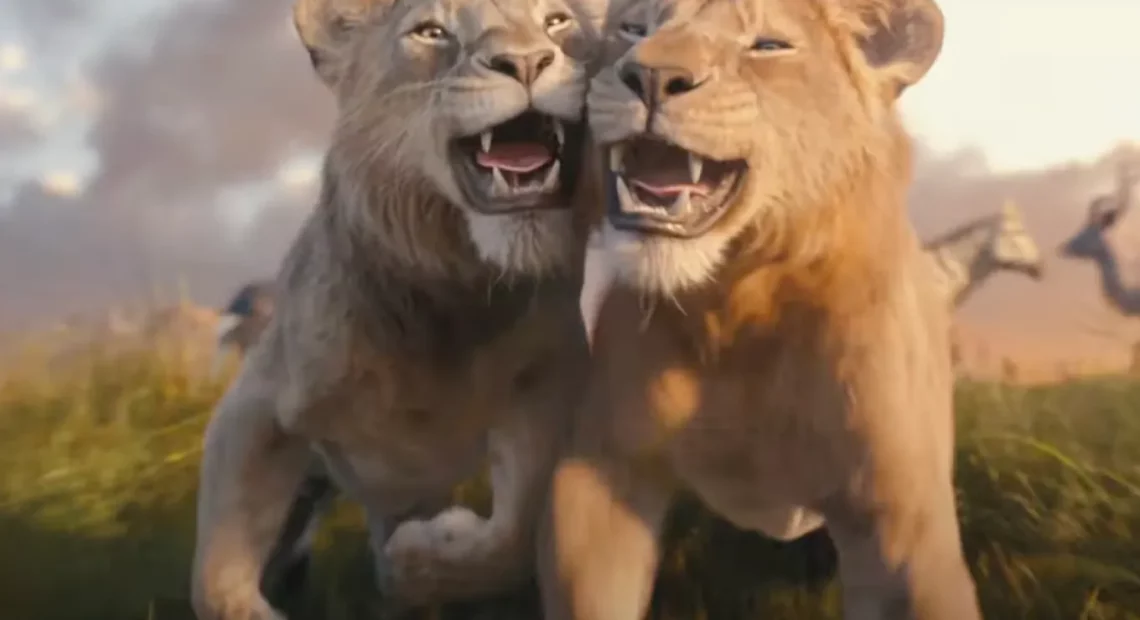
Reeder’s Movie Reviews: Mufasa: The Lion King
It seems an unlikely combination: Walt Disney Pictures’ lucrative franchise The Lion King in the directorial hands of Barry Jenkins, the auteur of several praiseworthy indie productions, including the Academy Award-winning Best Picture Moonlight (2016). The result is technically accomplished, but emotionally frustrating.
Mufasa has quite the lineage. It follows in the pawprints of The Lion King (2019), itself a remake of the immensely popular, traditionally animated feature of the same name, released 25 years earlier. In this case, we have a combination of prequel and sequel, with the story narrated by the Yoda-like Rafiki the mandrill to Kiara, the title character’s granddaughter, while Timon and Pumbaa engage in comic interludes and asides.
The story focuses on the orphaned cub Mufasa and his chance encounter with Taka, the heir to a feline throne who always wanted a brother. A combination of love and destiny, intensified by the threat of a pride of bloodthirsty white lions known as “The Outsiders,” challenges their bond. Returning screenwriter Jeff Nathanson enriches the narrative with fresh details about temperament and aspiration.
Jenkins, who has also directed If Beale Street Could Talk and written The Fire Inside (releasing this Christmas), clearly relished the chance to explore a tale of alienation, family conflict, the search for one’s place in the world, and the need to find common ground with unlikely allies against an existential threat. Those themes abound in his work.
In terms of its visual qualities, Mufasa mostly delivers a wealth of wonder. Working in the 3-D IMAX format, Jenkins and cinematographer James Laxton (an Oscar nominee for Moonlight) offer panoramic vistas, raging rivers, savannahs rippling in the breeze and a creative array of framing. Space–mostly the wide open kind–plays a crucial part in the odyssey of the main characters, as they seek the paradise known as Malele.
Alas, we have another technology at work here. The use of photorealistic animation has yielded mixed results on the big screen so far. Director Jon Favreau’s reimagining of The Jungle Book (2016) made effective use of photorealistic rendering, motion capture and computer-generated imagery. In fact, it earned the Academy Award for Best Visual Effects. His Lion King (2019) demonstrated less originality and, ironically, the difficulty of striking the right balance between photorealistic animation and a more anthropomorphic portrayal of animals.
For all of their bravura, and the voice actors’ best efforts to enliven their characters, the lions in Mufasa don’t register emotionally much of the time. They physically stretch, arch their backs, pose, leap and lunge (and occasionally breathe), but their facial expressions rarely match the meaning of their words. The explicit and the expressive are out of sync.
The cast includes Aaron Pierre (Genius) as the older Mufasa, Kelvin Harrison, Jr. (who played the title role in the classical music biopic Chevalier) as Taka/Scar, Mads Mikkelsen as the ominous Kiros, Thandiwe Newton as the compassionate Eshe, and Tiffany Boone as Sarabi, Mufasa’s mate. Seth Rogen, Donald Glover and Beyoncé Knowles-Carter reprise their roles from the 2019 film. This latest iteration opens with a dedication to the late James Earl Jones, whose iconic voice informed both the 1994 animated picture and the 2019 remake.
Nicholas Britell (Moonlight, Cruella) collaborated with Pharrell Williams on the original music, with pages from Hans Zimmer’s Oscar-winning score for the 1994 feature embedded in it. (Listen for “Under the Stars” and “King of Pride Rock.”) Lin-Manuel Miranda (In the Heights, Hamilton) contributed the new songs here; for all of his talent, they don’t exactly resonate. On the plus side, the gifted South African vocalist Lebo M reinforces the connection to Zulu chants.
In the end, the Circle of Life remains intact. So do the social and ecological themes. Barry Jenkins has embraced a Disney tentpole, if only this one time, and made an appropriate spectacle of it. Mufasa: The Lion King will surely roar at the box office. It will impress with its grander qualities, while drawing attention to the nagging details. As they say, be prepared.
More Movie Reviews:
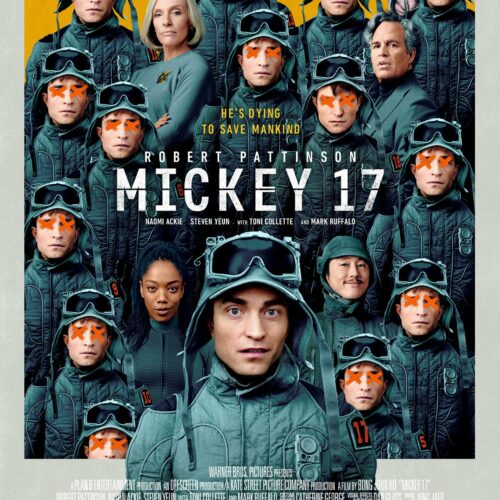
Reeder’s Movie Reviews: Mickey 17
Movie poster of Mickey 17 courtesy of Warner Bros. Pictures. Read “You don’t look like you’re printed out. You’re just a person.” In writer-director Bong Joon Ho’s new science fiction
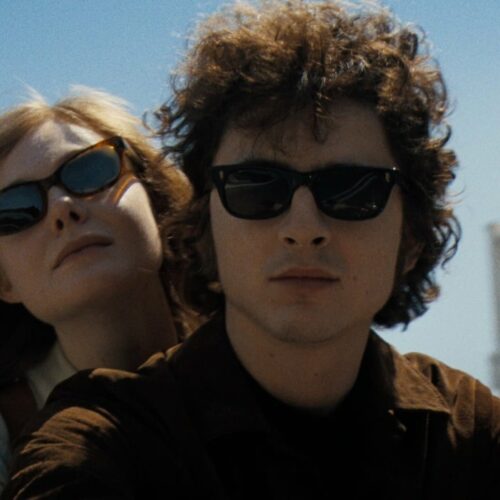
Reeder’s Movie Reviews: A Complete Unknown
In director James Mangold’s new film, Timothée Chalamet portrays the young Bob Dylan (the professional name he adopted at age 21) from 1961-1965. He gives a remarkably nuanced, accomplished performance in a movie that occasionally gets bogged down in truncated or unnecessary scenes, but not too often. The supporting cast shines as well.
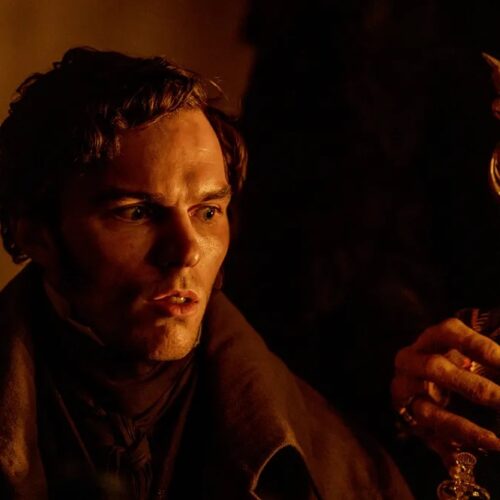
Reeder’s Movie Reviews: Nosferatu
A classic tale laced with horrific, religious, folkloric and erotic themes. Robert Eggers seemed destined to make a movie about it. Finally, after a decade of preparation, he has.

